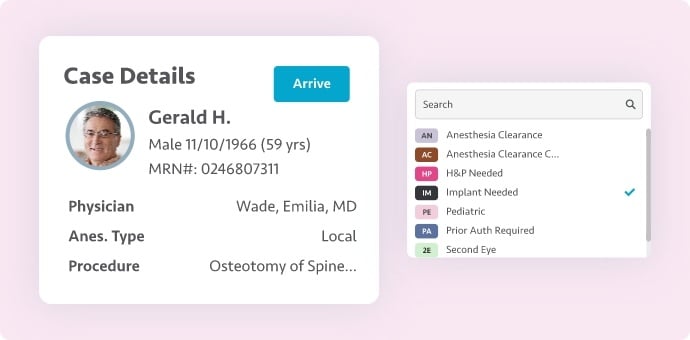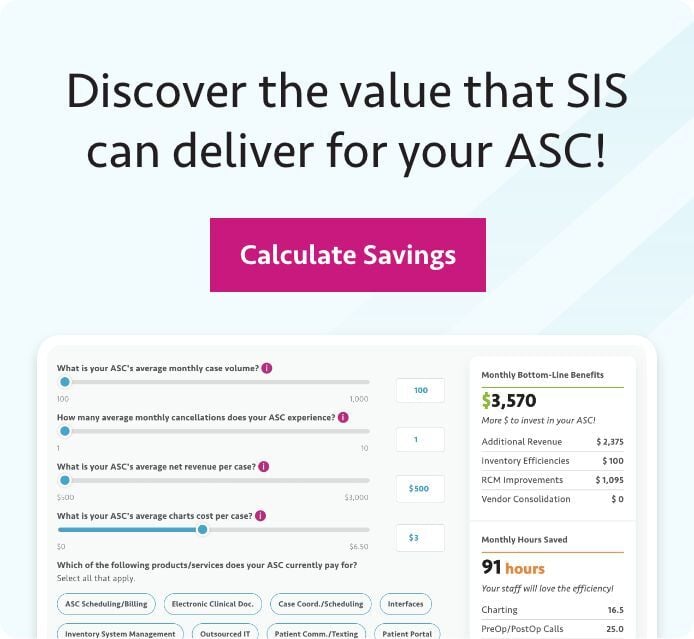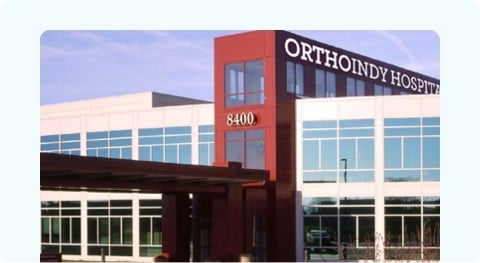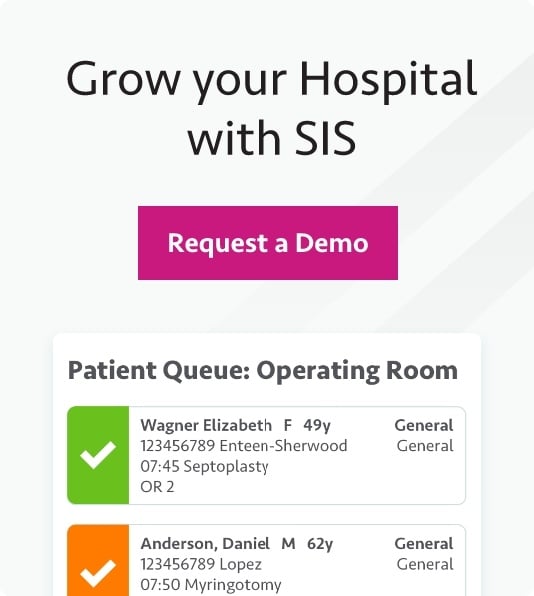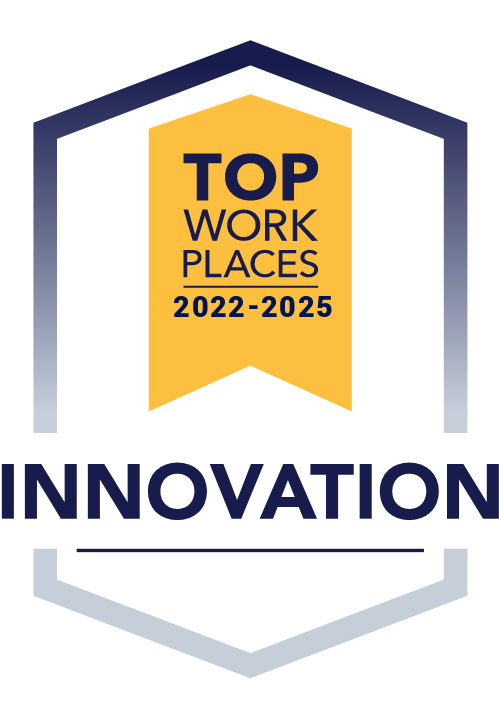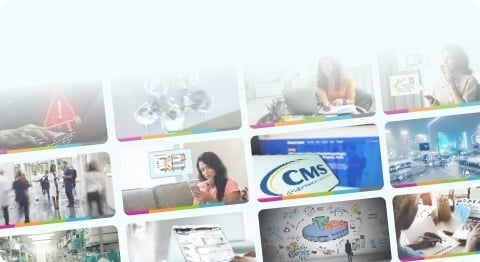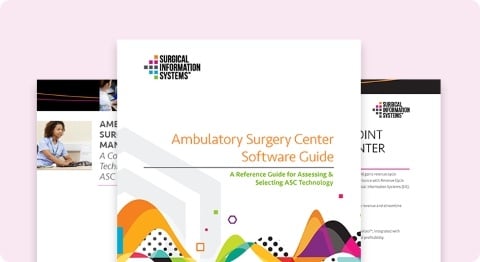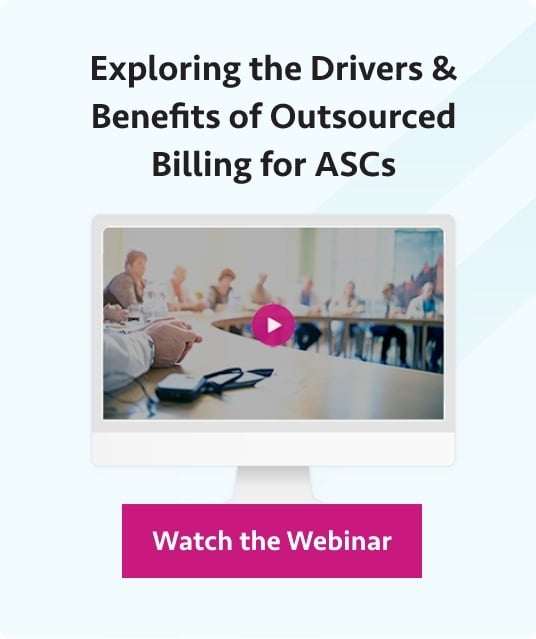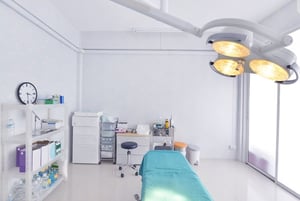Q&A with Jessica Nelson and Yunette Ruiz
Jessica Nelson, vice president of Revenue Cycle Services (RCS), and Yunette Ruiz, revenue cycle manager, for Surgical Information Systems (SIS), recently hosted a webinar where they discussed what new ASCs need to do to achieve effective billing upon opening and get paid as soon as possible. The audience was highly engaged and asked great questions throughout the program that provided opportunities for Jessica and Yunette to further explore the crucial topic of ASC billing for de novo surgery centers.
Below are the highlights of those questions and responses provided by Jessica and Yunette, edited for readability. To view the webinar on-demand, please visit the SIS Resource Library.
Q: Which ASC key performance indicators (KPI) should we pay closest attention to when our new center opens?
A: There are three KPIs that you should probably keep the closest eye on. We'll start off with days to bill. Days to bill is usually affected at first by physician dictations. Your physicians may be getting used to a new dictation system at your ASC, so it's worthwhile to do tests or trials of the system to help them get comfortable before you're officially ready to open and perform procedures.
Days to bill greatly affects revenue, which leads us into collections. Cash collections is the second KPI to focus on, and that's largely affected by how soon you can bill and payers will process your claims.
That leads into your accounts receivable (A/R) over 90, which is the third affected KPI that you should keep a close eye on. It's most likely that your A/R over 90 — your aging claims that are going over 90 days — will be a little bit inflated in the beginning of your ASC's operations until it stabilizes. That will occur after you resolve any issues or those claims you needed to hold for a bit until you were able to bill them finally get paid.
To summarize, days to bill, cash collections, and A/R over 90 are probably the top three ASC KPIs you want to monitor really closely.
Q: How can our ambulatory surgery center ensure a clean claim from day one of our billing so we can secure prompt payment?
A: There are a lot of parts to a clean claim. The first thing you want to do is make sure that in your insurance verification process, you're checking off all the boxes on what information you need to know and capture. This includes making sure demographics are being input into your system correctly. Patient identification information must be correct, including the patient's date of birth for carriers like Medicare. Accuracy comes down to spelling all the way to the patient's middle initial. Those demographics are going to be more important than you may think. They must be accurate when you put them in the system. Getting those demographics right will be vital to achieving clean claims for your ASC.
Your enrollments in the clearinghouse are going to be play a big role as well. Make sure you're set up and enrolled to be able to submit those claims and your coding through the clearinghouse. Make sure you look at your modifiers, any codes that might bundle, codes that are not supposed to go together, and those codes that are not billable. These are some key areas to focus on as well to help ensure clean claims.
Q: If we are going to start on day 1 as an out-of-network surgery center for insurance carriers that do not require certification by the Centers for Medicare & Medicaid Services (CMS), what would I need to consider when it comes to patient responsibility and billing?
A: On day one, there are a few things you'll want to do concerning patient responsibility. You want to set expectations or guidelines as they relate to what you're going to collect from patients. Are you going be quoting them based on their out-of-network benefits and your scheduled CPT codes? That would be the number one best practice route for you to follow.
Also, what are you going be collecting upfront versus billing the patient post procedure and post insurance? There are a few things to consider on the billing side of it. Most of your payers, if they don't require CMS certification, will require a copy of your W-9 before they'll process or release any payments to your ambulatory surgery center. There are some payers for which you can complete some of that registration process prior to billing, but keep in mind it may be good to attach a copy of your W-9 to the claims as you're submitting them to payers. You should at least fax the form to them after you've submitted it electronically.
Q: I received my first denial from a payer, and I don't know what it means. Where would you suggest I start to get this claim resolved with the payer?
A: I would suggest reaching out to the payer. A phone call may be the most efficient way as you're getting to know what the denial reasons mean and what actions you need to take in response. Some payers may have portals that helpful, especially since you can experience extreme hold times when calling a payer. Such lengthy hold times might affect your staff productivity. If your payor has a portal, spend some time in it. There may be lots of useful information there that may help you with denials and appeals and many other processes.




